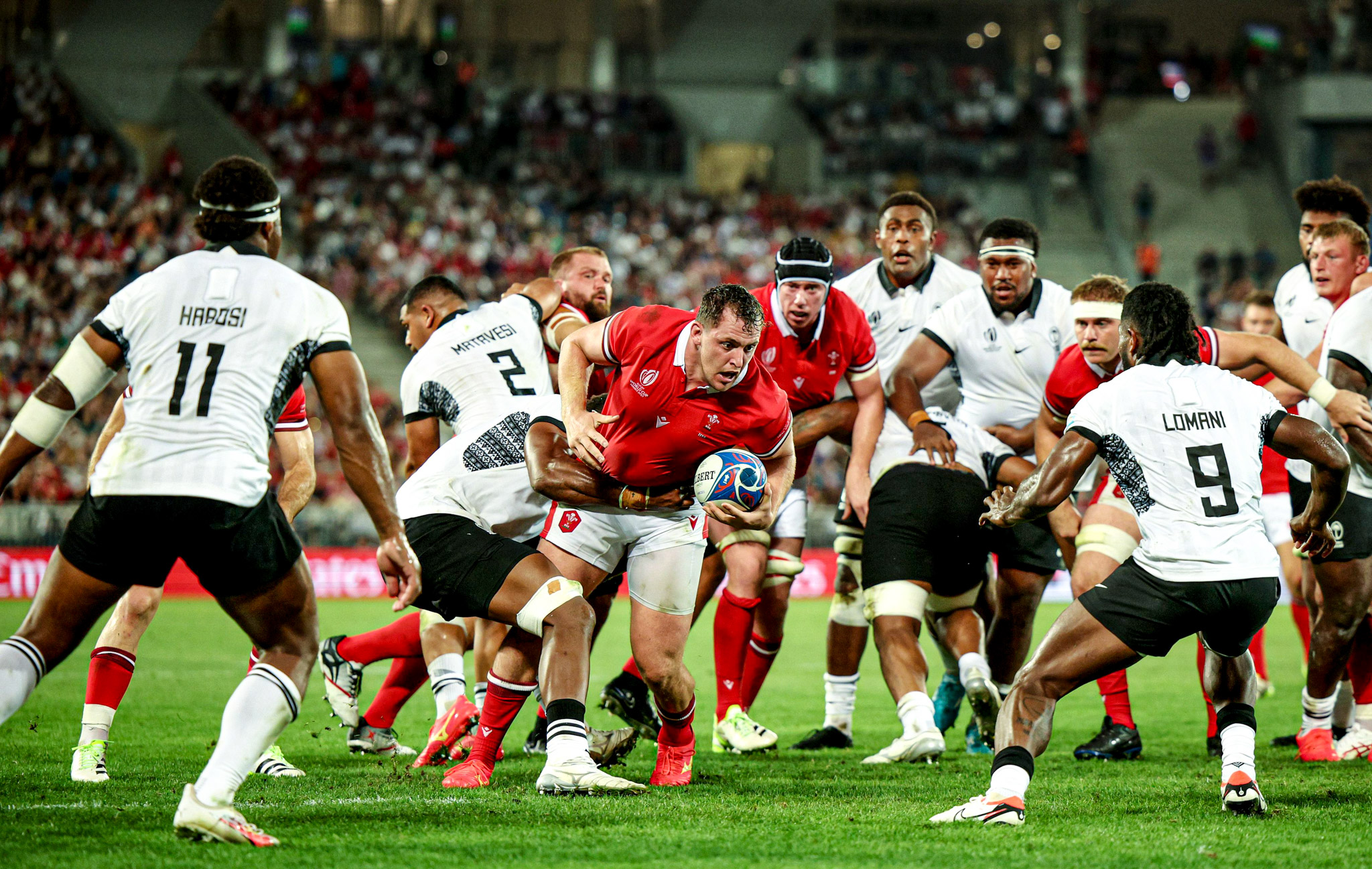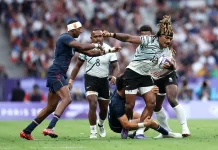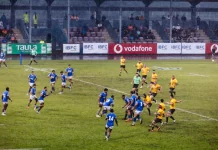Opinion by Gregor Paul
One week into what has otherwise been a compelling tournament, the World Cup has found itself embroiled in a refereeing furore following the performance of England’s Matthew Carley in the Fiji-Wales game.
Except, while everyone is calling it a refereeing scandal, it may in fact be something much deeper and uglier – a signal that rugby has a problem with what modern bureaucrats call unconscious bias.
Whatever the terminology, Fiji were not treated with the respect that they deserved in their 32-26 loss to Wales in Bordeaux.
Of the two teams, they had the greater desire and ability to play, both within the letter and the spirit of the law, and yet they encountered a referee who demonised them.
On the flip side, Wales’ captain Dan Biggar was able to have a spectacular meltdown at his own team, harangue the officials when he didn’t get what he wanted and somehow still get the benefit of the doubt when he committed a professional foul.
Yet Fiji were victimised to such an extent with Carley’s decision-making, that it became impossible not to ask questions about whether the referee was reacting to what he was seeing or what some pre-conceived ideas were telling him he was seeing.
And this is why it felt that Fiji ultimately fell victim to something worrying.
A referee who was patient and lenient with Wales was intolerant and harsh with Fiji and how else to read this discrepancy than to wonder if Carley, and perhaps other referees, are conditioned into making wrongful and pre-conceived interpretations about the intent and levels of discipline within developing teams, particular those from the Pacific.
Fiji were given a yellow after one incident, Wales could cynically kill Fiji’s possession four times and escape sanction, which may be because there is a natural bias among the cohort of referees at this World Cup to assume a superiority on behalf of the more established rugby nations.
Whatever was going on in Bordeaux, the social media world has erupted with such venom about the discrepancy in the way the two teams were treated, that World Rugby is going to need to offer some kind of explanation or run the risk of a nasty cloud hanging over the remainder of this tournament threatening to unleash one hell of a storm.
As former Ireland wing Andrew Trimble, now working as a TV pundit, said: “It did feel wrong.
The nature of the penalty was different. We need to bear in mind we didn’t watch this game as neutrals, we watched it as Fiji fans, and it didn’t feel right.”
How World Rugby reacts to this will be critical.
The typical method is to quietly drop referees who don’t perform well – or at least rule them out of taking control of any of the major pool games and knock-out rounds.
But pushing Carley into some kind of wilderness hardly feels like it is dealing with the problem.
For years the Pacific Island sides have been derided in the media and in match commentators for a perceived lack of discipline.
And while their raw talent has always been recognised and acknowledged, questions have long been raised about their conditioning, set-piece technique and accuracy at the breakdown in passively negative ways that suggest there is an underlying problem.
Carley, and indeed other referees may have been influenced by this and may have unconsciously formed views. World Rugby can’t ignore this possibility and at the very least needs to be educating its referees about ways in which they can perhaps challenge or resist their instincts at this World Cup.
SOURCE: NZ HERALD/PACNEWS


















